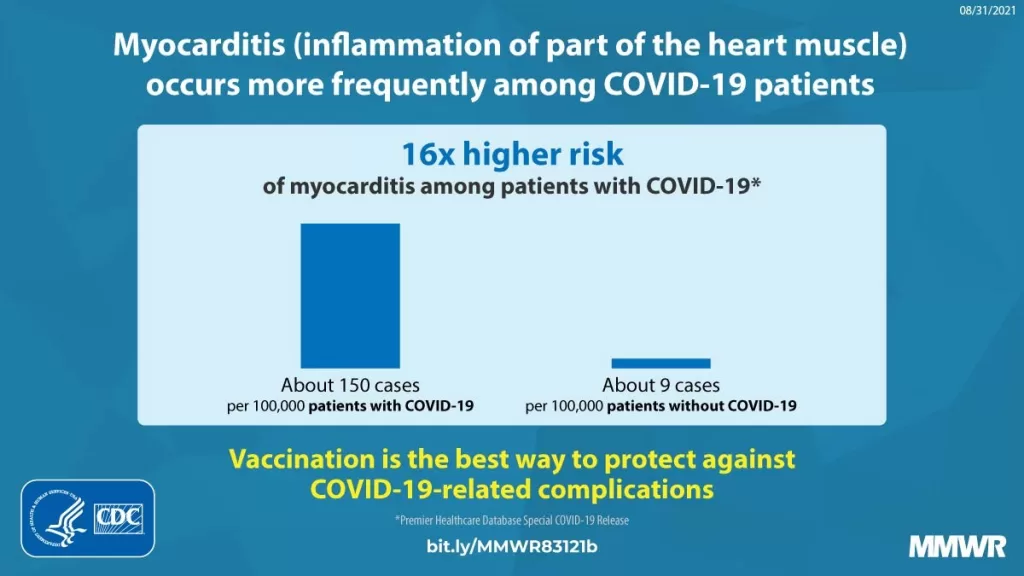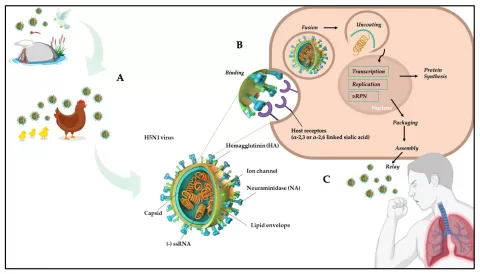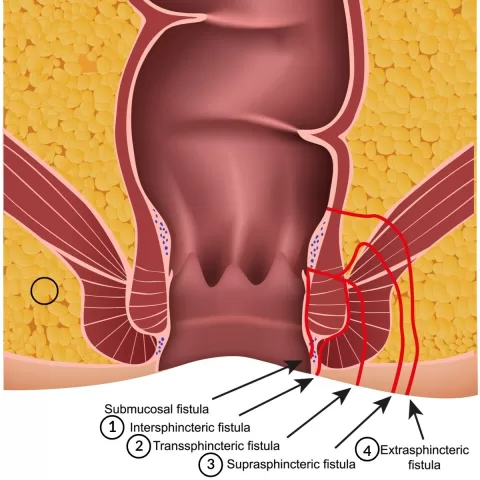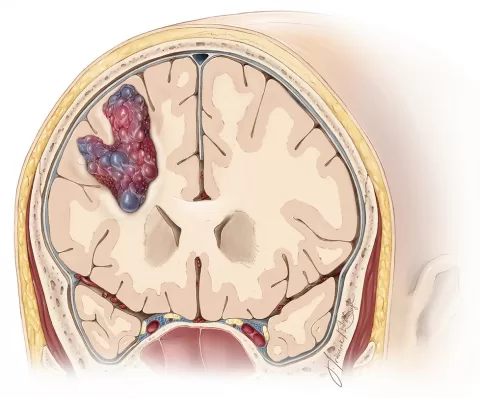When discussing COVID-19 myocarditis risk, it’s important to understand the balance between the benefits of vaccination and the potential risks involved. Recent studies have indicated that the incidence of myocarditis, particularly among young men after receiving the COVID-19 vaccine, is notably lower than the risk posed by the virus itself. This form of heart inflammation, often connected to immune responses, has raised valid concerns about COVID vaccine safety. However, with mRNA vaccine heart inflammation being a rare occurrence, the benefits of these vaccines far exceed the potential dangers. As public awareness grows, it’s crucial to communicate the facts surrounding myocarditis after vaccination, emphasizing vaccine benefits while addressing COVID-19 risks effectively.
Exploring the implications of COVID-19 vaccine-induced heart issues, particularly myocarditis, reveals a complex landscape of medical risk and health benefits. The inflammation of the heart muscle, which can be a byproduct of the immune response to both the virus and the vaccines, is a critical focal point for many discussions surrounding vaccination strategies. Alternative terms like heart inflammation post-vaccine highlight the intricate link between mRNA technology and its rare side effects. Much debate surrounds the topic of vaccine efficiency versus potential post-vaccination conditions, especially among younger demographics. Understanding these dynamics is essential for fostering informed decisions about COVID-19 vaccination and maintaining public health.
Understanding COVID-19 Myocarditis Risk: What You Need to Know
COVID-19 myocarditis risk has emerged as a topic of significant public concern, particularly in light of the mass vaccination efforts against the pandemic. Myocarditis refers to the inflammation of the heart muscle, a condition that can lead to serious complications if not appropriately addressed. Recent studies have shown that while there is a slight increase in myocarditis cases following mRNA vaccinations, the overall risk is considerably lower compared to the dangers posed by the virus itself. This information is critical for individuals, especially young men, who may be more susceptible to this condition following vaccination.
It’s important to contextualize the risk by comparing the incidence of myocarditis after vaccination to myocarditis developed after a COVID-19 infection. Evidence suggests that unvaccinated individuals contracting the virus face a significantly higher likelihood of myocarditis and other cardiovascular complications. This perspective highlights the vaccine’s benefits in mitigating severe illness and associated risks, reinforcing the stance that the advantages of vaccination far exceed its potential hazards.
The Safety of COVID-19 Vaccines: Examining Vaccine Benefits
When it comes to COVID-19 vaccine safety, extensive research supports the notion that these vaccines are a critical tool in combating the pandemic. The benefits of vaccination include a significant reduction in hospitalization rates, complications, and mortality associated with COVID-19. Public health authorities have championed the vaccine rollout as an essential measure to restore normalcy and protect vulnerable populations, elucidating the positive health outcomes associated with widespread immunization.
Furthermore, vaccine benefits extend beyond individual health to encompass community immunity. High vaccination rates contribute to herd immunity, allowing communities to better resist virus transmission and reduce the occurrence of COVID-19 outbreaks. By comparing rates of heart inflammation after vaccination with those linked to COVID-19 infection, it’s clear that the former remains a manageable risk within the broader context of benefits offered by vaccination.
Myocarditis After Vaccination: What the Latest Research Says
Recent research into myocarditis after vaccination has provided valuable insights, particularly regarding mRNA vaccines. A significant study published in JAMA evaluated hospitalization cases of myocarditis following vaccination against COVID-19 among young adults. The findings revealed that those affected by vaccine-related myocarditis were less likely to experience severe outcomes compared to patients whose myocarditis was due to a COVID-19 infection.
These encouraging results affirm the notion that while myocarditis can occur following vaccination, it remains a rare event. Therefore, health experts recommend weighing the risks against the benefits. Vaccination plays a crucial role in reducing the spread of COVID-19 and the associated complications, including severe heart issues, and should be considered an essential component of public health strategy.
Exploring mRNA Vaccine Heart Inflammation Concerns
The concern surrounding mRNA vaccine heart inflammation is understandable, especially as misinformation can lead to public hesitance towards vaccination. However, it’s essential to clarify that the incidence of heart inflammation, including myocarditis, is exceedingly low when compared to the risks posed by the virus itself. Emerging data suggests that adverse effects from these vaccines are manageable, and those affected typically respond positively to treatment.
As further studies investigate the mechanisms behind vaccine-associated myocarditis, healthcare providers continue to prioritize patient education about the relative risks of COVID-19 and vaccination. This ongoing dialogue is vital to fostering public understanding and freedom from fear, enabling more individuals to appreciate the significant benefits of vaccination in protecting against a potentially life-threatening virus.
COVID-19 Risks vs Vaccine Benefits: A Comparative Analysis
When analyzing COVID-19 risks versus vaccine benefits, it becomes clear that vaccines play a pivotal role in safeguarding public health. Data indicate that vaccinated individuals experience lower rates of severe illness and hospitalization from COVID-19 than their unvaccinated counterparts. Moreover, the vaccines significantly decrease the incidence of intense health complications associated with the virus, including myocarditis.
This comparative analysis of risks underscores the importance of vaccination to mitigate adverse health outcomes related to COVID-19. The reality is that while there may be a risk of myocarditis following vaccination, it remains notably minor when weighed against the pronounced benefits of enhanced immunity and the overall well-being of both individuals and communities.
Addressing Vaccine Hesitancy: Myocarditis and COVID-19
Vaccine hesitancy has been a barrier to achieving higher vaccination rates during the COVID-19 pandemic, with myocarditis often cited as a significant concern, particularly among young men. Clear communication about the temporary nature of vaccine-related myocarditis and its rarity is crucial in addressing these fears. Educational campaigns can help inform individuals that the likelihood of developing heart inflammation following vaccination is much lower than the consequences of contracting COVID-19.
Furthermore, emphasizing the protective benefits of COVID-19 vaccines can help alleviate concerns. Those who receive the vaccine not only protect themselves but also contribute to community health, reducing the overall burden of the disease. Convincing individuals of this dual benefit can play an essential role in increasing vaccine uptake and enhancing public health efforts.
Understanding the Immune Response: Vaccination vs Infection
The immune response generated by vaccination differs significantly from that triggered by natural infection. In the case of COVID-19, mRNA vaccines stimulate a potent immune response designed to prepare the body to fight the virus. While this response can lead to mild cases of myocarditis in very rare instances, studies indicate that vaccinated individuals generally fare better than those who contract the virus and subsequently develop myocarditis or other associated complications.
Understanding the nuances of the immune response allows for informed decision-making about vaccinations. Public health messaging can reinforce the idea that the short-term risks associated with mRNA vaccine heart inflammation are manageable compared to the long-term risks posed by COVID-19 infections, including severe myocarditis and other serious cardiac events.
The Role of Updated COVID-19 Vaccines in Mitigating Risks
Updated COVID-19 vaccines play a crucial role in addressing both the direct impacts of the virus and the associated risks, such as myocarditis. As new variants emerge, it is vital to update vaccine formulations to protect against these evolving threats. The recent approval of updated versions of the vaccines by the U.S. Food and Drug Administration signifies a proactive approach in combating the ongoing pandemic and minimizing health risks.
By receiving updated vaccinations, individuals can enhance their immunity and reduce the likelihood of severe health complications, including myocarditis related to infections. Continuous monitoring and research ensure that vaccines remain effective, ultimately reinforcing the safety and efficacy of vaccination as a primary defense against COVID-19.
Public Health Perspectives on Vaccine Safety and Myocarditis
From a public health perspective, vaccine safety remains a cornerstone of immunization programs. Surveillance surrounding the safety of mRNA vaccines has been robust, and findings indicate that the potential for myocarditis is significantly minimal compared to the broader public health benefits derived from vaccination. Authorities have stressed the continuous need for monitoring and transparency to foster public confidence in vaccination.
Moreover, public health campaigns aim to educate the population about the importance of vaccination in curbing the spread of COVID-19. This education empowers individuals to engage with their healthcare providers, thereby making informed choices about their health while recognizing the low risks of myocarditis and other potential side effects in the context of tremendous benefits.
Frequently Asked Questions
What is the relationship between COVID-19 myocarditis risk and mRNA vaccines?
COVID-19 myocarditis risk, particularly after mRNA vaccination, has been a topic of concern. However, studies indicate that the risk of developing myocarditis after receiving an mRNA vaccine is significantly lower than the risk associated with contracting COVID-19 itself. While myocarditis can occur, especially in younger males post-vaccination, research shows these cases are less severe and have lower hospitalization rates compared to those associated with COVID-19 infection.
Is myocarditis after vaccination a common side effect of COVID-19 vaccines?
Myocarditis after vaccination with COVID-19 vaccines, particularly mRNA vaccines, is rare. While there are documented cases, the incidence is lower than myocarditis rates seen in individuals infected with COVID-19. The benefits of vaccination, including stronger protection against severe illness, outweigh the risks of potential heart inflammation for most individuals.
How does COVID vaccine safety relate to the risk of myocarditis?
COVID vaccine safety encompasses the overall risk of side effects, including myocarditis. Studies have shown that myocarditis risk after mRNA vaccination is low, particularly when compared to the cardiovascular risks posed by COVID-19 itself. Health authorities emphasize that getting vaccinated significantly reduces the risk of severe disease and hospitalization, making the vaccines generally safe for the public.
What do recent studies say about the risk of COVID-19 and myocarditis?
Recent studies, including one published in JAMA, suggest that the risk of myocarditis associated with COVID-19 infection is higher than that linked to vaccination. The findings indicate individuals who contract COVID-19 may face various cardiovascular risks, including myocarditis, which highlights the importance of vaccination in mitigating these severe outcomes.
What are the vaccine benefits compared to COVID-19 myocarditis risk?
The benefits of COVID-19 vaccines, especially mRNA vaccines, include substantial protection against severe illness, hospitalization, and complications like myocarditis. While a slight risk of myocarditis exists post-vaccination, it is considerably outweighed by the preventative advantages and overall safety of the vaccines in reducing the severe effects of COVID-19, including potential heart issues.
| Key Point | Details |
|---|---|
| COVID-19 Myocarditis Risk | Vaccination risks, including myocarditis, are outweighed by the benefits of COVID-19 vaccinations. |
| Study Overview | A study published in JAMA analyzed myocarditis cases among individuals aged 12 to 49 in France. |
| Results Summary | Individuals with vaccine-related myocarditis were hospitalized less frequently compared to those with infection-related myocarditis. |
| Risk Assessment | The risk of myocarditis from COVID-19 infection is greater than from vaccination. |
| Public Health Implications | Awareness of myocarditis’s link to vaccination may lead to milder cases. |
| Need for Further Research | More studies are needed to understand the immune response to mRNA vaccines. |
Summary
COVID-19 myocarditis risk remains a point of discussion among health professionals and the public. While concerns about myocarditis associated with COVID-19 vaccinations, particularly among younger males, have surfaced, studies indicate that the risk is significantly lower than the risk posed by the virus itself. Immediate post-vaccination myocarditis cases tend to be less severe than those related to COVID-19 infection, suggesting that vaccination is a safer choice. Furthermore, ongoing research is critical to fully comprehend the interactions between vaccines and the immune system, but current evidence reassures that mRNA vaccinations do not substantially elevate the risk of heart inflammation.
The content provided on this blog (e.g., symptom descriptions, health tips, or general advice) is for informational purposes only and is not a substitute for professional medical advice, diagnosis, or treatment. Always seek the guidance of your physician or other qualified healthcare provider with any questions you may have regarding a medical condition. Never disregard professional medical advice or delay seeking it because of something you have read on this website. If you believe you may have a medical emergency, call your doctor or emergency services immediately. Reliance on any information provided by this blog is solely at your own risk.








